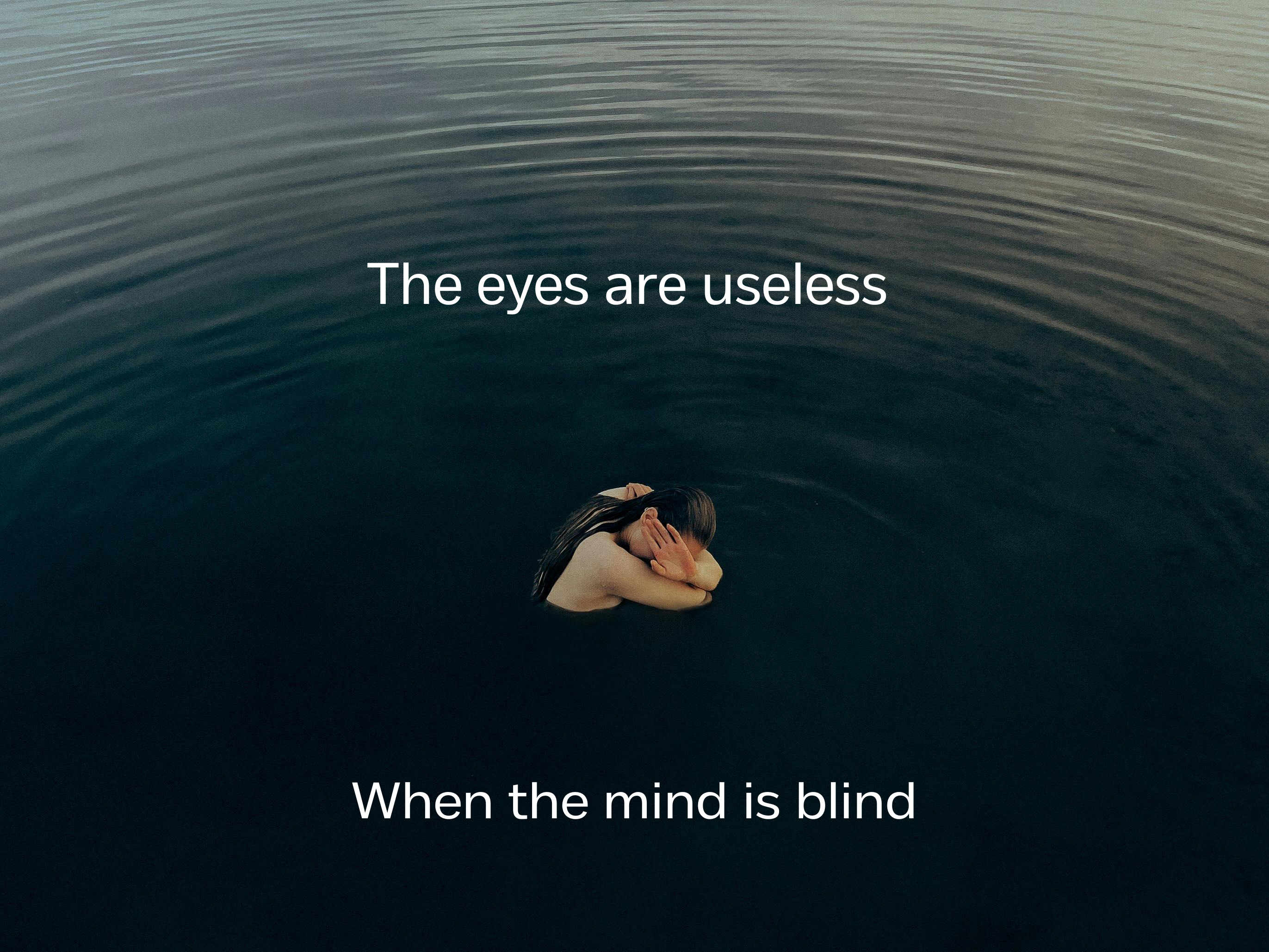Mindfulness and Meditation: Benefits, Techniques, and Practical Tips
In our fast-paced, technology-driven world, mindfulness and meditation offer a powerful way to reduce stress, improve mental health, and enhance overall well-being. These ancient practices have been embraced by modern science, with countless studies confirming their ability to boost both cognitive and physical health. This guide explores the benefits, techniques, and practical steps to incorporate mindfulness and meditation into your daily life.
What Are Mindfulness and Meditation?
Both mindfulness and meditation are powerful tools to help cultivate awareness and presence. However, they are distinct practices:
- Mindfulness: The practice of being fully present, aware of where we are and what we’re doing without being overly reactive or overwhelmed by what’s going on around us.
- Meditation: A formal practice where an individual uses techniques such as focusing the mind on a particular object, thought, or activity to achieve a mentally clear and emotionally calm state.
These practices date back to ancient traditions in Buddhism and Hinduism but have since been widely adopted in the West due to their immense mental health benefits. For more in-depth guidance on getting started, see this comprehensive resource on meditation techniques.
Mental Health Benefits of Mindfulness and Meditation
Mindfulness and meditation have been shown to reduce stress, lower anxiety, and combat symptoms of depression. Numerous clinical studies indicate that regular practice can lead to improved emotional regulation and resilience.
Stress Reduction Through Mindfulness
One of the most significant benefits of mindfulness is its ability to reduce stress. Mindfulness-based stress reduction (MBSR), developed by Dr. Jon Kabat-Zinn, has been proven to decrease cortisol levels, improve emotional regulation, and promote mental clarity.
Meditation for Anxiety and Depression
Practicing meditation helps people break the cycle of rumination—the constant dwelling on negative thoughts that can lead to anxiety and depression. Studies published by the American Psychological Association highlight meditation’s effectiveness in decreasing anxiety and promoting emotional stability.
Cognitive and Physical Benefits of Mindfulness and Meditation
While mindfulness primarily benefits mental health, its positive effects extend to cognitive functioning and physical well-being.
Improved Focus and Concentration
In today’s age of digital distractions, mindfulness meditation enhances focus and the ability to concentrate. Regular practice trains the mind to remain engaged on tasks without getting easily distracted.
Chronic Pain Management Through Mindfulness
People living with chronic pain often benefit from mindfulness. By observing pain without reacting emotionally, they can reduce the sensation of pain and improve their quality of life.
Getting Started with Meditation
Beginning a meditation practice may seem daunting, but with a few simple steps, anyone can start meditating today.
- Find a Quiet Space: Meditate in a location free from distractions.
- Start Small: Set a timer for 5-10 minutes, increasing the duration as you become more comfortable.
- Focus on Your Breath: Pay attention to your breathing, allowing distractions to pass without judgment.
For a deeper dive into different forms of meditation, see this detailed guide on meditation techniques.
Incorporating Mindfulness into Your Daily Life
You don’t need to set aside hours of your day to practice mindfulness. Here are simple ways to integrate it into everyday activities:
- Mindful Breathing: Practice breathing deeply and focusing on your breath during stressful moments.
- Mindful Walking: Focus on each step as you walk, paying attention to the sensations in your body.
- Mindful Eating: Savor every bite, paying attention to the flavors, textures, and smells of your food.
FAQs About Mindfulness and Meditation
What’s the difference between mindfulness and meditation?
Mindfulness is the state of being aware, while meditation is a practice used to cultivate that state.
How long should I meditate daily?
Start with 5-10 minutes a day and gradually increase as you become more comfortable with the practice.
Can mindfulness help with sleep problems?
Yes, mindfulness can help you relax and let go of the anxious thoughts that may keep you awake at night.
Is meditation suitable for everyone?
Meditation is generally safe, but if you have severe mental health conditions, consult with a therapist before starting.
How do I deal with a wandering mind during meditation?
It’s natural for the mind to wander. Simply acknowledge the thought and gently return to focusing on your breath.
Conclusion: Embrace the Benefits of Mindfulness and Meditation
The practices of mindfulness and meditation offer transformative benefits, from reduced stress to improved focus and better mental health. With regular practice, you can cultivate greater presence, emotional resilience, and inner peace. Start small and gradually incorporate these practices into your daily routine for long-lasting results.
For more information on how to begin, check out detailed resources like Verywell Mind and the American Psychological Association.
